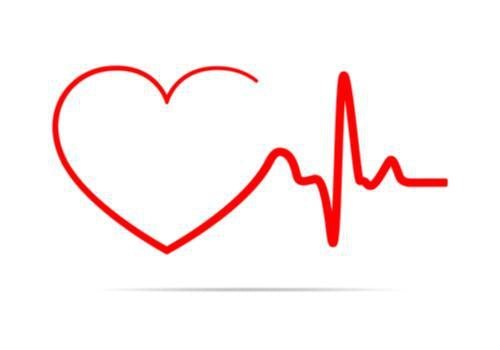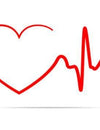You don’t need any equipment or take any pills to decrease blood pressure and cardiovascular risk.
When a broad range of indicators of vagal function were tested, the researchers of the following study showed that decreased vagal function is associated with an increased risk for cardiovascular disease and mortality (Thayer JF, Lane RD, 2007).
The vagus nerve–which is the 10th cranial nerve–is involved in numerous functions and has a big impact on

how we feel and function.
How can we affect the vagus nerve?
You can activate the vagus nerve by breathing at a rate of 6 breaths per minute.
Slow and deep breathing with equal duration of inhalation and exhalation for 5 minutes was found to significantly decrease systolic blood pressure (Bhavanani AB, Sanjay Z, 2011).
It does not take much time to see the benefits from implementing this type of breathing, you notice a difference in the way you feel within some few minutes.
This is diaphragmatic breathing where you see your abdomen rising when you breathe in and lowering as you breathe out.
With some practice you will automatically breathe this way most of the the time, which will make you more relaxed.
References
Bhavanani AB, Sanjay Z, Madanmohan.Immediate effect of sukha pranayama on cardiovascular variables in patients of hypertension.Int J Yoga Therap. 2011;(21):73-6.
Thayer JF, Lane RD.The role of vagal function in the risk for cardiovascular disease and mortality.Biol Psychol. 2007 Feb;74(2):224-42.

Are you feeling stressed? With the Stressed to Relaxed in 60 Seconds program, you will learn how to literally feel more relaxed and also feel less pain and stiffness in your neck in just 60 seconds
This is not difficult and it does not require expensive equipment. You can, without a doubt, do this.









